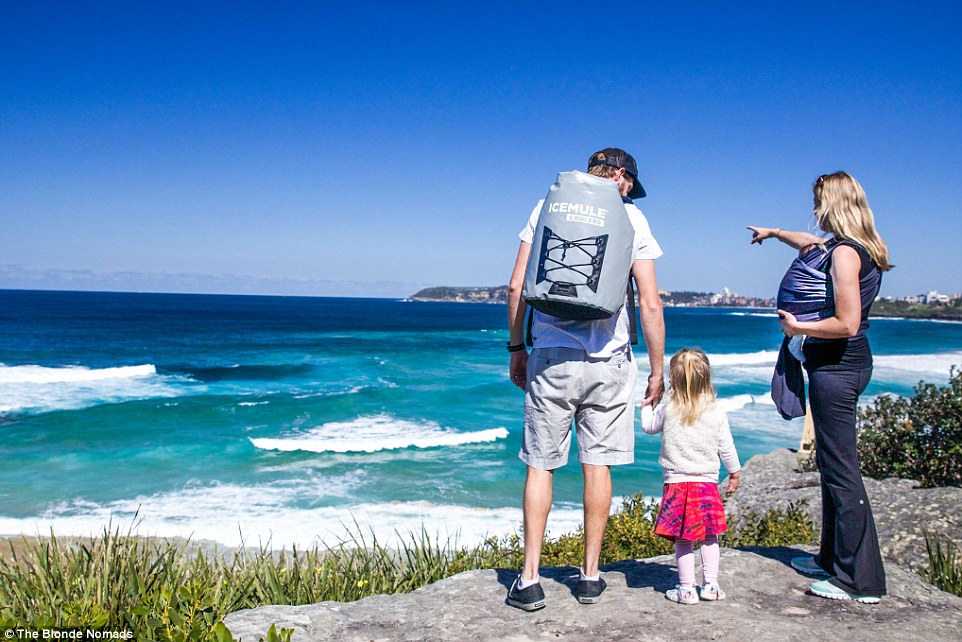Australia is cracking down on so-called orphanage tourism to prevent trafficking of children in Southeast Asia, trying to tame demand from tourists wanting to do good, top politicians said on Monday.
Children in countries such as Cambodia are taken from their homes and put into orphanages to attract donations and support from volunteers from Australia, say major charities such as Lumos, which works to help children in orphanages.
The United Nations and non-profit groups including Save the Children have warned against the practice known as orphanage tourism, which activists consider a form of modern slavery.
Australians are among the top donors for such orphanages, driving up a demand for these institutions, officials said.
“We have created the problem for the region, so now we have to work with other countries to fix it,” Australian Senator Linda Reynolds said at an event in London on the sidelines of a week-long Commonwealth Heads of Government Meeting (CHOGM).
“We need to be part of the solution, and we are not waiting to act,” she told the Thomson Reuters Foundation, calling the phenomenon the “perfect 21st-century scam” where people get a “sugar rush” of doing good and sharing it on social media.
Australia is expected to pass tough new anti-slavery laws this year and lawmakers are pushing for orphanage tourism to be included, according to Reynolds.
The government last month launched a “Smart Volunteering” campaign to discourage citizens from taking part in short-term, unskilled volunteering projects in overseas orphanages.
“Our volunteers – many young people and students – are unwittingly taking part in human trafficking … paying up to $2,000 to do so,” said Australian foreign minister Julie Bishop.
“Kids are given up by their families and become tourist attractions,” she said. “We don’t want to add to the misery of children in the region.
“We need to address this scourge.”
The number of orphanages in Cambodia – a regional hot spot – is growing quickly even though most children living in them have at least one parent, according to the U.N.
Cambodia last year launched a crackdown on bogus institutions.
At least eight million children live in orphanages and other institutions worldwide, yet four in five have at least one living parent, according to Lumos, which was founded by “Harry Potter” author J.K. Rowling.
Yet this form of trafficking may be easier to tackle than others in a trade estimated to enslave 40 million people globally and raise annual profits of $150 billion, Lumos said.
“It is definitely solvable as the demand has been created by people who are genuinely trying to do good,” said Georgette Mulheir, head of Lumos. “We just need to redirect that energy.”






